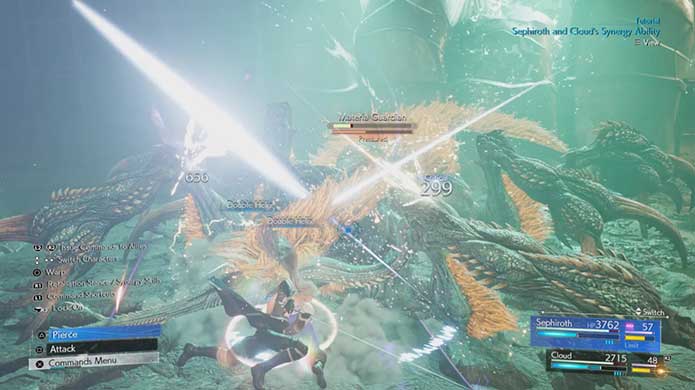Your gaming habits might reveal more about your personality than you realize. From the boardroom executive who unwinds with city builders to the emergency room nurse who loves first-person shooters, gaming preferences often mirror our real-world traits in surprising ways.
The Risk-Takers & Puzzle Solvers
 People who play sweepstakes casinos often have a better grasp of probability than they get credit for. You understand that luck plays a role in life, but you also know how to calculate odds and make informed decisions about risk. You’re probably the friend who always knows the best deals and isn’t afraid to try new restaurants or take calculated career moves.
People who play sweepstakes casinos often have a better grasp of probability than they get credit for. You understand that luck plays a role in life, but you also know how to calculate odds and make informed decisions about risk. You’re probably the friend who always knows the best deals and isn’t afraid to try new restaurants or take calculated career moves.
Casino and sweepstakes game players aren’t just reckless gamblers – they’re students of chance who enjoy the mathematical beauty of probability… They understand variance, expected value, and risk management better than most people with business degrees. Many work in finance, insurance, or other fields where understanding risk is essential.
Puzzle game lovers represent the opposite end of the spectrum but share some interesting traits. Puzzle players are methodical thinkers who find genuine joy in untangling complex problems. If that’s you, you probably fix things around the house instead of calling a repair service, and your approach to challenges is systematic rather than frantic.
Planning Three Steps ahead
 If you find yourself lost in games like Civilization or Total War for hours, you’re likely someone who thinks 3 steps ahead in real life too. strategy players have this ability to see the bigger picture while managing countless moving parts. You probably organize your closet by season and color, and your friends come to you when they need help planning major life decisions.
If you find yourself lost in games like Civilization or Total War for hours, you’re likely someone who thinks 3 steps ahead in real life too. strategy players have this ability to see the bigger picture while managing countless moving parts. You probably organize your closet by season and color, and your friends come to you when they need help planning major life decisions.
There’s actually solid science backing this up. The American Psychological Association found that strategy game players show measurably better problem-solving skills in everyday situations. Makes sense when you think about it – managing a virtual empire requires the same mental muscles as juggling work deadlines and family obligations.
But here’s what’s really interesting though: strategy gamers often struggle with games that require quick reflexes. It’s not that they can’t handle fast-paced action, but they prefer having time to think through their moves. This translates to real life where they might take longer to make decisions, but when they do, those decisions are usually well-thought-out and effective.
Imagination Meets Organization
 RPG players and simulation game lovers represent some of the most interesting personality combinations in gaming. If that’s you, then you’re drawn to complex narratives and detailed world-building because you understand that the best stories come from patience and attention to detail.
RPG players and simulation game lovers represent some of the most interesting personality combinations in gaming. If that’s you, then you’re drawn to complex narratives and detailed world-building because you understand that the best stories come from patience and attention to detail.
RPG players are often the most emotionally intelligent people in the room. You probably remember everyone’s birthday, give the best relationship advice, and can read between the lines in conversations. Character development isn’t just a game mechanic for you – it’s how you approach personal growth in real life. You’re drawn to games where choices matter because you believe actions have consequences, both in virtual worlds and reality.
Simulation players, on the other hand, are natural organizers with patience that others envy. You probably have detailed plans for your next vacation, keep spreadsheets for your budget, and genuinely enjoy setting up systems that work smoothly. You see potential where others see chaos, and you’re willing to put in the work to make your vision reality.
So where does all of this leave us? Well, both groups share something important: they’re builders rather than destroyers. While action gamers might find satisfaction in overcoming obstacles through force, RPG and sim players prefer creating something lasting. They invest hours in character backstories, city layouts, or perfect farm designs because the process of creation is genuinely enjoyable.
Research from Current Biology shows that players of complex, strategic games actually have enhanced learning abilities and cognitive flexibility. Your brain literally gets better at handling complexity through these gaming experiences.


 by Symphonie
by Symphonie